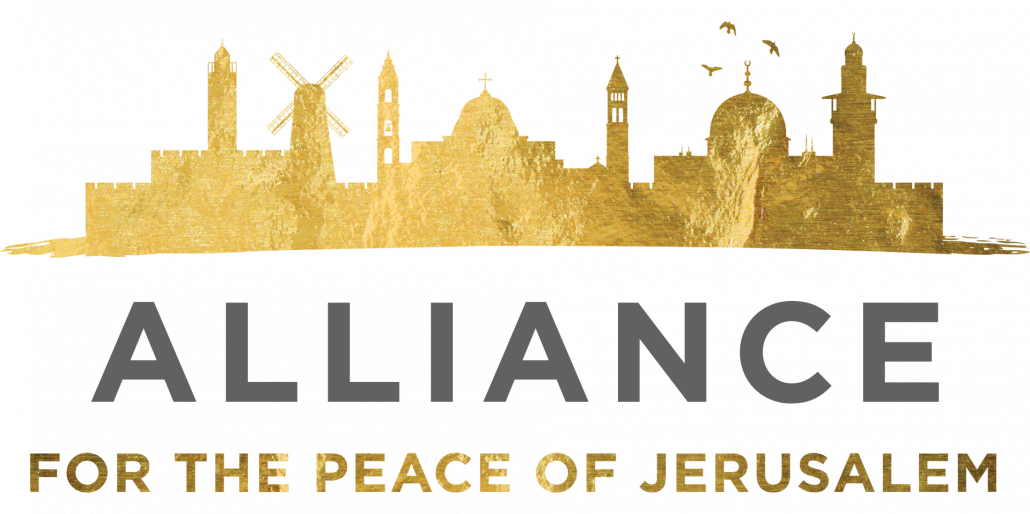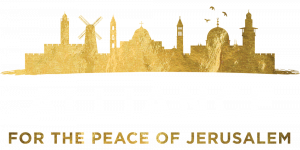The terrorist attacks of September 11, 2001 drastically changed both the United States and the Middle East. National security immediately became a heightened priority, and the American government amassed resources in both domestic and foreign efforts to prevent another 9/11. For instance, the American military presence dramatically increased in the Middle East following 9/11. Additionally, the relationship between Israel and the United States deepened as they rallied around the common goal of opposing terrorism.
Perhaps the most significant foreign intervention the United States undertook in response to 9/11 was invading Iraq in 2003. The stated goal of this controversial campaign was to find and stop the alleged production of weapons of mass destruction (WMD) and overthrow the tyrannical rule of Saddam Hussein, who was ultimately executed in 2006. During the eight-year-long occupation, several thousand people died–both Americans and Iraqis. In 2011, American forces accomplished another long-standing goal in the fight against terrorism—the capture and death of Osama Bin Laden, who led al-Qaeda and personally claimed responsibility for the 9/11 attacks.
While 9/11 complicated America’s relationship with the Middle East, it also strengthened its partnership with Israel, which has been a target of terrorists for decades. In 2001 and 2002, Israel endured a series of suicide bombings calculated to kill as many civilians as possible. Since terrorists chose crowded areas, many Israelis were afraid to attend events or even visit a café. When 9/11 brought Middle Eastern terrorism to our shores, Israelis empathized with the shock and horror Americans experienced that day and mourned alongside us.
From that day forward, our nation shared a new bond with Israel, fighting terrorism through coordinated efforts and sharing intelligence and weaponry. Israel has strongly supported the United States’ work to shut down terrorist organizations that pose a threat to both countries. Israel encouraged our efforts to dismantle the Taliban in Afghanistan and deal with the existential threat posed by the radical Muslim administration in Iran.
The United States reciprocated and assisted the Israeli military in engineering the Iron Dome, a surface-to-air missile defense system that detects incoming rockets, calculates where they will land, and fires missiles to intercept and eliminate them before impact. This technology has effectively protected Israel against thousands of rockets fired by the terrorist group Hamas at the country just a few months ago.[1]
Islamic extremism remains a significant barrier to peace around the world. The 9/11 attacks are unique in scale and death toll, but bombings, shootings, and other forms of violence continue to plague communities. Lasting peace will only come when Jesus returns, but there is hope and opportunity as the world re-opens after long shutdowns related to the pandemic. For instance, Israel recently flew its first direct flight to Morocco. The Abraham Accords (2020) was the start of normalizing Israel’s relations with some of the surrounding Arab nations. It began with the United Arab Emirates, and Bahrain, Morocco, Sudan, and more recently Kosovo soon followed. These normalization agreements are another encouraging development.
Whatever challenges the Middle East faces, God’s purposes for the region will indeed come to pass. As the prophet Jeremiah said, “Ah Lord God! Behold, You have made the heavens and the earth by Your great power and by Your outstretched arm! Nothing is too difficult for You” (Jeremiah 32:17). God desires that all people be reconciled to him by trusting in Jesus, the Messiah (1 Timothy 2:3–4). Both Jewish people and Arabs in the Middle East are coming to faith. Although these believers often endure ostracism and persecution from their communities, they thrive and are passionate about sharing the good news. What is more—these followers of Jesus show God’s desire to reconcile people groups that are often at odds with each other, such as Israelis and Palestinians. Let us pray that God will continue to draw people living in the Middle East to Himself and that those believers would be agents of peace in a difficult part of the world.
To learn more about how 9/11 has changed the Middle East over the past twenty years and how to support the church there, join us at our upcoming conference, 9/11 and the New Middle East. Through worship, corporate prayer and remembrance, and the testimonies of speakers who were there, we will grow in our knowledge of 9/11 and how it has changed the world. We will also gain insights into the Middle East today by developing a biblical view of the region. Join us September 10–11, 2021 in person at Trinity Baptist Church in New York City or online.
[1] “How Israel’s Iron Dome Missile Shield Works,” BBC News, May 17, 2021, sec. Middle East, accessed July 26, 2021, https://www.bbc.com/news/world-middle-east-20385306.



